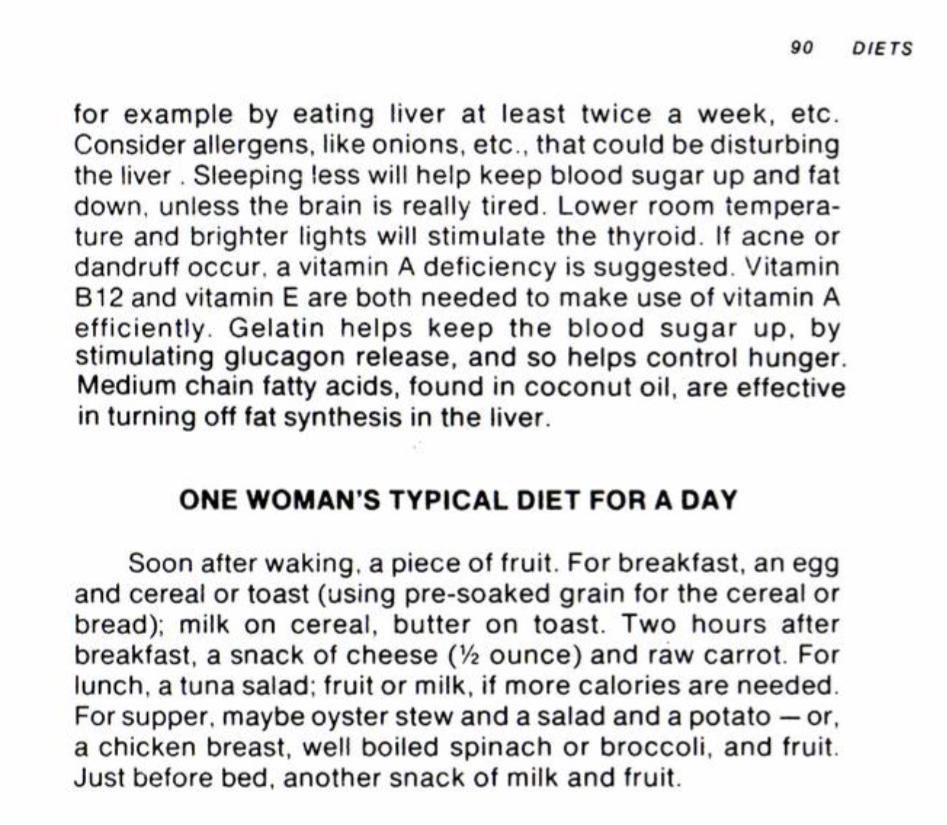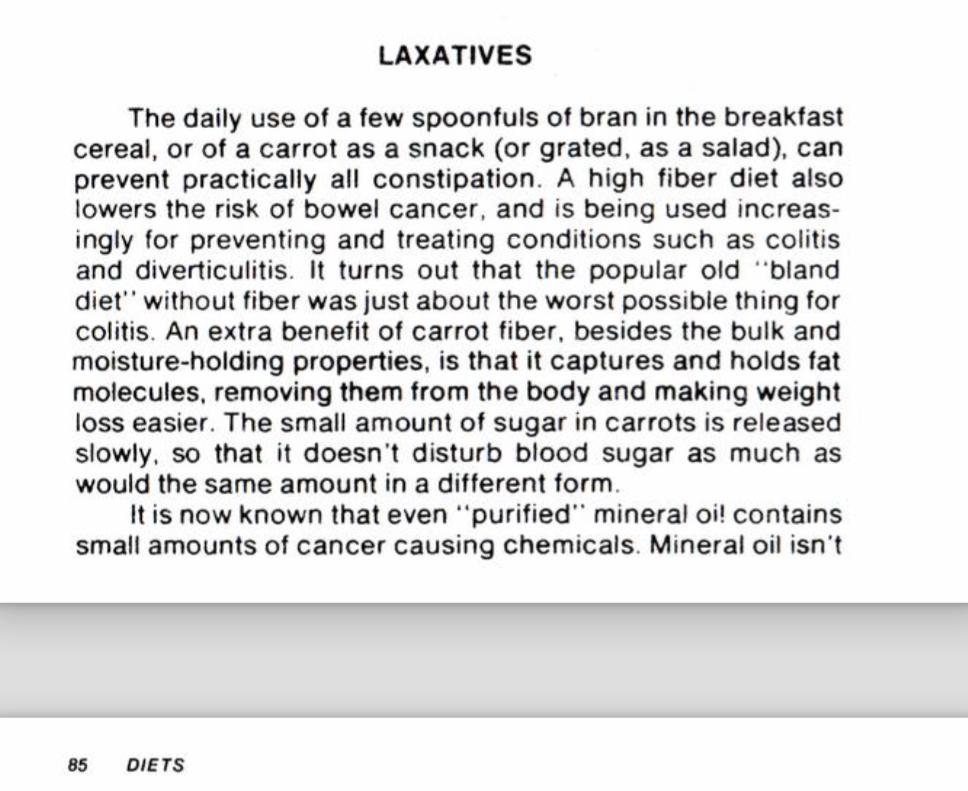ecstatichamster
Member
- Joined
- Nov 21, 2015
- Messages
- 10,515
haidut said:post 119543James IV said:post 115182 Worrying about fats and carbs competeing in the Randal Cycle is probably not warranted. Eventually they will both be used. Seems you should probably just eat meals that taste good. Sometimes that may be more carbs, sometimes more fat. The body seems perfectly designed to utilize both fuel sources.
As far as what constitutes enough fat; Well Fat makes food taste good, helps achieve sufficient calories, and helps keep blood sugar up longer without having to constantly eat. Not actively avoiding fat also allows you to eat a larger variety of food, which is probably beneficial.
Phisologically, it seems there is no real minimum for fat intake. However, in real life, fat probably becomes "too low" when it leads to loss of appetite and/or insufficient calorie intake from lack of food enjoyment. I'm sure you could counteract this by consciously over feeding on carbs. In fact that seems to be the approach pushed by some of the more "successful" 80/10/10 folks. However eating tons of bananas, dates, and rice just sounds miserable to me, as does eating any single food in large quantities.
Ray kind of agrees with that approach, but for healthy people. He said the ideal macro-ratio is not known but it is probably about equal percentage of each macro, so 33/33/33. He has recommended low fat to people trying to lose weight and boost metabolism. Also, in people with diabetes or insulin resistance you probably want to avoid fat oxidation as much as possible since it contributes to the pathology.
33/33/33 meaning what, percentages by kCal, not sure what percentages. If by kCal, this is pretty high protein, is it not?
Last edited by a moderator:


